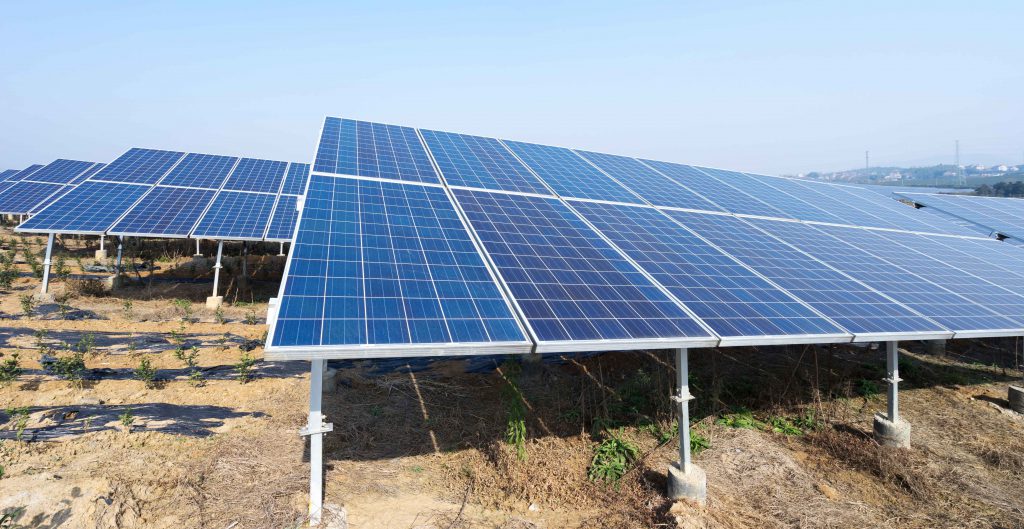Financial Mail Office
Going Solar
Grid-based electricity isn’t getting any cheaper or more stable. On the plus side, the cost of solar photovoltaic (PV) power generation continues to fall, locally this has been driven in part by the Renewable Energy Independent Power Producer Procurement Programme (REIPPP), while the efficiencies continue to rise, driven by improvements in solar-panel technology. This makes solar an increasingly attractive proposition for business owners.
Commercial businesses are actually uniquely suited to solar-energy use because they typically operate during daylight hours, as opposed to homes, which typically use most of their power in the evenings and early mornings.
It’s not a silver bullet, however. Dr Kittessa Roro, acting senior researcher and research group leader for energy supply at the Council for Scientific and Industrial Research (CSIR) Energy Centre, points out that PV production is reduced on overcast and rainy days.
“As such, solar PV alone cannot provide all of the energy needs of commercial businesses and would usually form part of a blend of energy sources – Eskom or municipal grid supply, rooftop solar PV, local fossil fuel-based emergency generation – that may also be coupled with energy storage enabling a portion of the solar PV generated energy to be stored and used in periods of low- or zero-PV production,” Roro says.
You can’t escape the grid, so should businesses be racing to install solar panels on their roofs? The answer would seem to be yes. This is more straightforward for single-occupancy industrial operations as opposed to office blocks, however, as the latter tend to have a higher occupancy-turnover rate: people aren’t there long enough to reap the benefits of cheap electricity.
Businesses occupying premises may try and persuade the building owners to invest in rooftop solar installations – which will surely only make the building more attractive for future occupants. CSIR principal engineer Jarrad Wright points out that determining the viability of a solar PV system is “in part also dependent on the jurisdiction within which they are operating, as certain municipalities and Eskom distribution have favourable arrangements for this, while others do not”.
At the end of the day, however, some businesses – particularly SMMEs – simply may not be able to afford the capital outlay required to purchase and install a solar PV system that meets their needs.
That’s where an interesting new offering from Cape Town start-up The Sun Exchange comes in. Its business aims to decentralise the ownership of solar power plants by allowing anyone to purchase solar cells – roughly 15x15cm silicon wafers that make up solar panels – for around R100 each, which they can then lease to businesses. This allows individuals to make investments of any size in the solar-energy business, and businesses to gain access to solar power without the usual associated upfront installation costs.
The Sun Exchange founder and CEO Abraham Cambridge elaborates: “The scale of the solar projects that we deal with are at a minimum of 50kW, which is too large for residential applications, and too small for utility scale. Most banks and project financiers will not entertain systems of this small-to-medium scale, even if the projects are otherwise totally commercially viable, such as having constant energy demands and bankable business energy consumers. The Sun Exchange was created specifically to fill this funding gap.”
Cambridge is excited about the future of solar PV in South Africa. “In all sectors, solar is going to grow,” he says. “This is because solar is now cheaper than burning fossil fuels and SA has such great sunlight conditions. As SA also has abundant lithium reserves, it could become a world leader in energy storage as well.”






 Sign-up and receive the Business Media MAGS newsletter OR SA Mining newsletter straight to your inbox.
Sign-up and receive the Business Media MAGS newsletter OR SA Mining newsletter straight to your inbox.